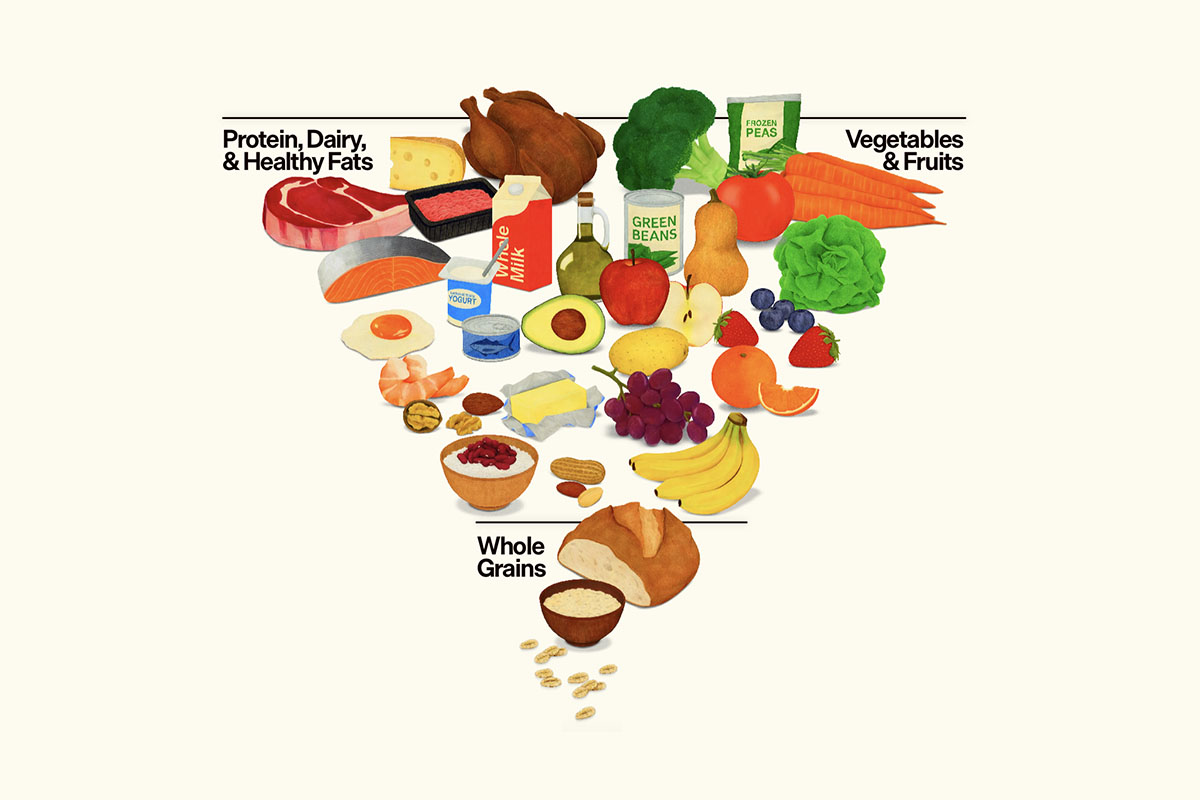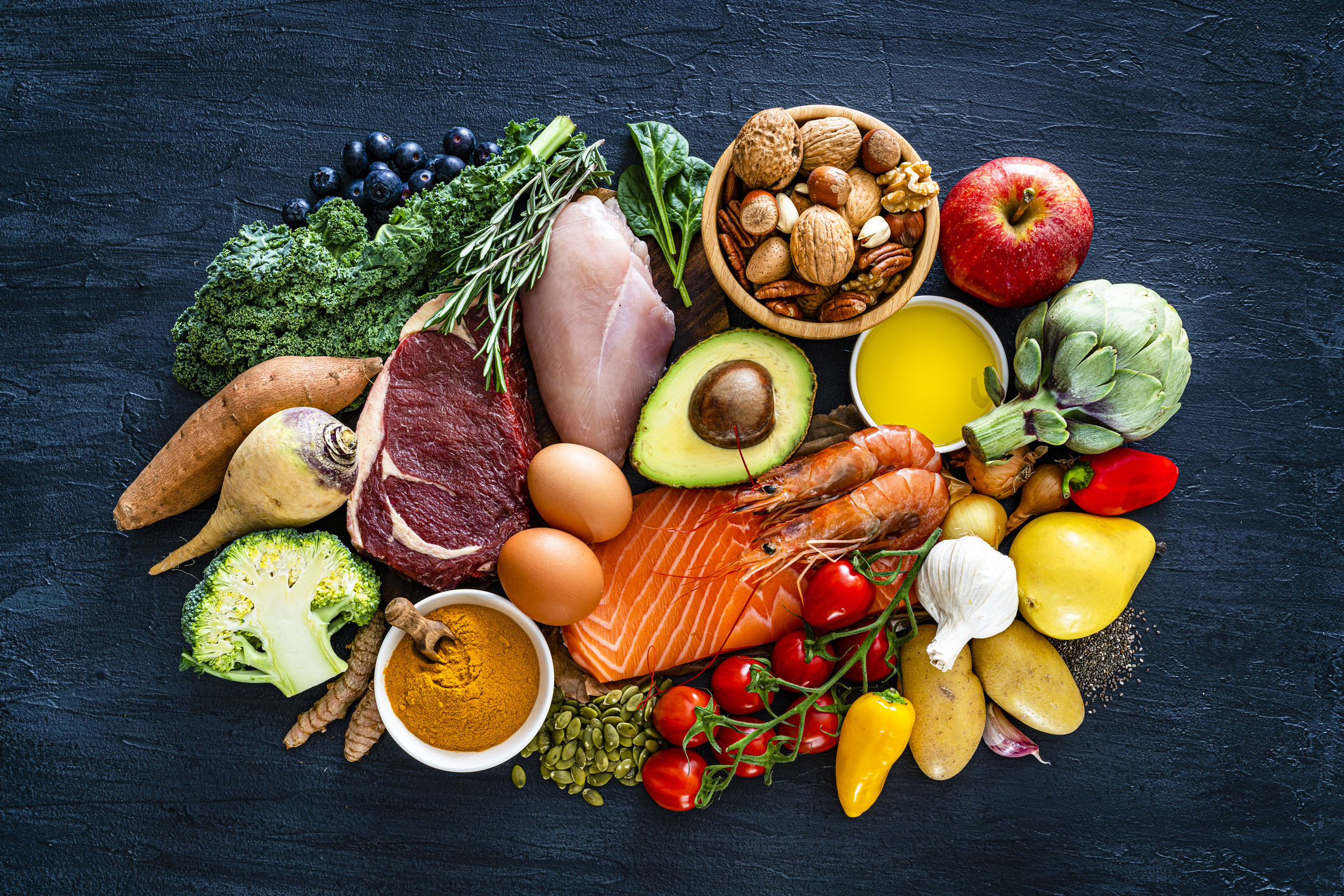Going into the market the other day, I was confronted with a choice: Organic strawberries and blackberries were nowhere to be found. Organic red raspberries were still available on this late Sunday afternoon, but they cost $4.99 for a small container, as opposed to $2.99 for their conventional counterparts.
I grabbed the organic raspberries, and then headed to the frozen section for some organic mixed berries. Were my efforts, and the additional cost, worth it?
Lots of articles have appeared recently disparaging organic consumers like me. Earlier this year, Newsweek featured a story entitled “The Campaign for Organic Foods is a Deceitful Expensive Scam”. But consider the source: It’s penned by Henry I. Miller who is a trustee of the largely industry-funded American Council on Science and Health (ACSH).
In 2015, Miller led the charge against Mehmet Oz: he coordinated a letter from a group of physicians to Columbia University demanding that the College of Physicians and Surgeons remove Mehmet Oz as a professor of surgery. The letter claimed that Oz has “shown disdain for science and for evidence-based medicine… for personal financial gain.”
It’s somewhat disingenuous for Miller to claim:
“Funding from the organic and natural products industries enables activists to foment spurious health, safety, and environmental fears about the agricultural products and production techniques used to grow non-organic foods, especially those made with modern molecular genetic engineering techniques.”
His hypocrisy is highlighted by an article in the New York Times that revealed that Miller once asked Monsanto—the maker of glyphosate and a leading proponent of GMO technology—to ghost-write an article for him which was later published under his name for the Forbes website.
The controversy over whether organic and non-GMO foods are superior has become highly politicized. When I call out the dangers of pesticides, or herbicides like glyphosate, I’m sometimes targeted by social media trolls. Some are plant geneticists, others in agri-business.
One recently posted “@DrRonaldHoffman talked about the EWG findings of glyphosate in foods. I wished he would have done his research.”
Checking his Twitter account, it appears that he’s a soybean farmer, “Producer of raw materials vital to the sustainable sustenance of human life.” 97% of soybeans produced in the US are GMO. Conflict much?
Let’s examine the evidence dispassionately.
The most recent boost to the cause of organic agriculture comes from a study this month in the Journal of the American Medical Association that surveyed 69,000 French adults showing a reduced risk of cancer—in particular post-menopausal breast cancer and non-Hodgkin’s lymphoma—in high consumers of organic foods.
This result contrasts somewhat with that of a 2014 study in the British Journal of Cancer showing organic food consumption doesn’t reduce the incidence of cancer (although there was a similar reduction in the risk of non-Hodgkin’s lymphoma).
The authors of the new JAMA study conclude: “It now seems important to evaluate chronic effects of low-dose pesticide residue exposure from diet and potential cocktail effects at the general population level.”
They attribute the higher cancer incidence to potential DNA damage, mitochondrial impairment, and endocrine disruption—and that “obese individuals with metabolic disorders may be more sensitive to potential chemical disrupters, such as pesticides.”
All this against the backdrop of a 2015 World Health Organization (WHO) classification of glyphosate as a “potential carcinogen” and a momentous 78 million dollar judgment against Monsanto for exposing a cancer-stricken groundskeeper to the weed killer Roundup.
As to alleged nutritional advantages of organic foods, several studies have weighed in.
Why should organic foods have superior nutritional value? Many argue that the term “natural” shouldn’t necessarily confer some magical health aura on groceries.
But there’s a plausible biological explanation for why organic crops pack a bigger nutritional punch. “Phytoalexins” are natural chemicals that plants make when subject to stress—whether it be thermal stress of temperature extremes, or from competition with weeds, parasites or insects.
These phytoalexins include such valuable compounds as allicin, resveratrol, pterostilbene and other polyphenols and isoflavones that are crucial to human health. Shielded from such stresses, conventional produce may be free of blemishes, but is less nutritious than its more gnarly organic counterpart.
A January 2018 study validates the nutritional superiority of organic foods.
And in 2015, scientists found organic foods contained higher levels of antioxidants—concentrations of polyphenolics were between 18-69% higher in organically-grown crops: “. . . a range of antioxidants such as polyphenolics were found to be substantially higher in organic crops/crop-based foods, with those of phenolic acids, flavanones, stilbenes, flavones, flavonols and anthocyanins being an estimated 19%, 69%, 28%, 26%, 50% and 51% higher, respectively.” (Source)
Additionally, there were lower levels of harmful cadmium.
And when it comes to organic milk, concentrations of omega-3 fatty acids and conjugated linoleic acid (CLA) were higher from cows fed organic feed (“You are what you eat eats!”).
With regard to meat, similar findings; saturated fat was lower, and omega-3 higher in organic meat.
Not that there aren’t problems with the organic food industry. Outright fraud is still rampant—especially with poorly-regulated foreign producers, and even well-meaning organic growers can’t keep all harmful contaminants out due to their pervasiveness in the environment.
But better controls ultimately can and will assure consumers of more reliable, authentic organic products, especially as the public signs on to the benefits of unadulterated foods.
For those seeking to economize, you don’t always have to buy organic; The Environmental Working Group (EWG) publishes an annually updated list of the “Dirty Dozen” whose pesticide burden makes it imperative to avoid conventional vs. the “Clean Fifteen” which are less susceptible to contamination.
(A good summary of the evidence supporting the health benefits of organic foods can found in this article by NPR)








